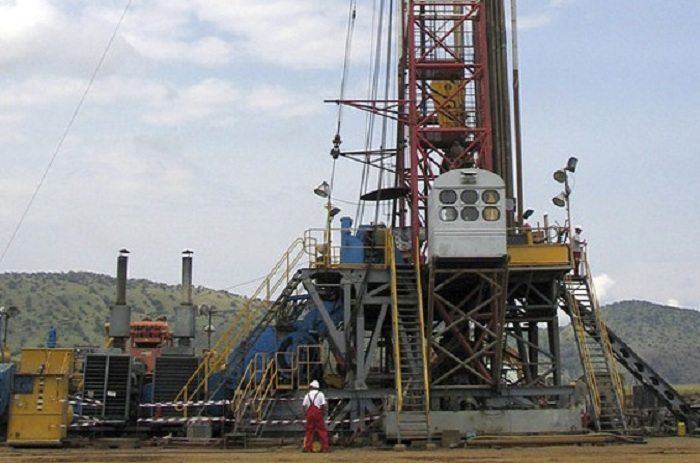The World Bank has advised Uganda to diversify from oil production. In its report the World Bank cautions Uganda against over-reliance on oil.
The report is titled “Economic diversification and growth in the era of oil and volatility.” It warns the Ugandan government not to abandon other sectors of their economy.
This comes at time after Uganda has discovered some commercial quantities of petroleum in 2006 in the Albertine region.However production date has been pushed forward.
“Before oil prices started dilapidating heavily in mid 2014, the price of one barrel of oil had drifted around the US$ 100 mark for a number of years and at that level, oil revenue for the government would have been around US$ 2.5bn a year that is between 2017/18 and 2044/45 and assuming an international price of oil of US$50 per barrel, average oil revenue will amount to about US$ 800m a year,” stated the report.
The World Bank further advised that apart from oil production manufacturing and agricultural sectors could yield bigger and higher investments and this will diversify the economy in Uganda. However, projections of lesser oil revenues and a rising debt burden in the country have led to worries to finance into other ventures.
The advice is as a result of anxiety over the momentous growth that has been registered in the services and manufacturing sectors that is however not harmonized by a corresponding increase in high wage jobs in the country. This trend has significantly led to high rates of ignorance and poverty, with many Ugandan citizens being trapped in low wage jobs especially in the agricultural sector.
Currently in Uganda according to the World Bank data, coffee and cotton account for about 39 per cent of their exports, and outstanding growth in other export things has contributed to the current 24 per cent share of exports of manufactured products.

